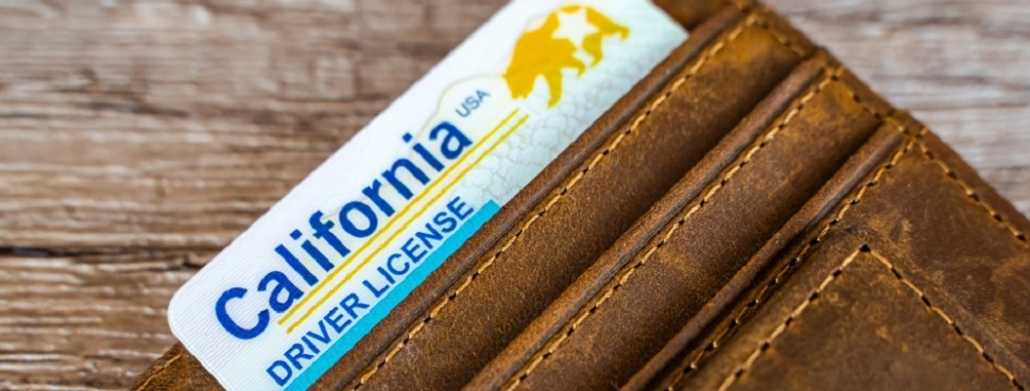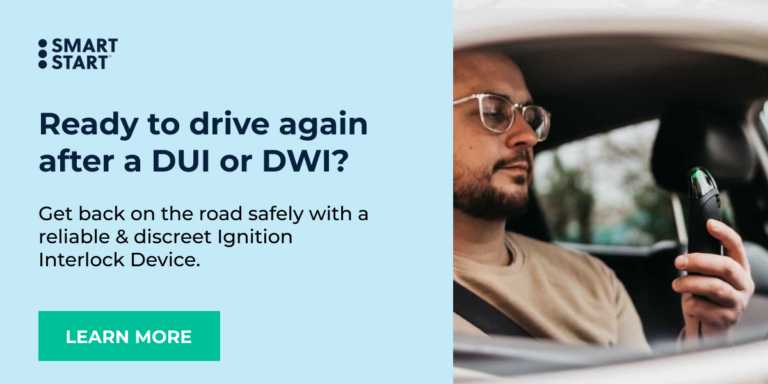Is a DUI a Felony in California?
Updated July 17, 2025
In California, DUI-related charges can generally be categorized as either misdemeanors or felonies, based on the factors unique to the specific case. Though each comes with penalties, felony charges are considered more serious crimes and are eligible for heavier sentences.
If you face either of these charges in California, it’s important to understand what separates felonies from misdemeanors. While this article isn’t a substitute for advice from your attorney, it will give you a general idea of how California law treats the classification of DUI cases.
Understanding DUI in California: DUI Classifications Explained
A DUI in California can be either a misdemeanor or a felony. The definitions of misdemeanors and felonies vary under some state laws, but generally speaking, the Encyclopedia Britannica defines them as:
- Misdemeanors are crimes punishable by less than one year in jail. Sentences may include imprisonment in local jails, fines, and other conditions like attending rehabilitation classes.
- Felonies are crimes punishable by a year or more in prison. They may come with many of the same consequences as a misdemeanor, but they also may be eligible for more severe consequences, such as longer imprisonment terms and potential loss of some civil rights.
A DUI can also come with administrative consequences that are administered outside of the court system. The most common administrative consequence of a DUI is having your license suspended by the California DMV. This penalty applies on top of any legal penalties imposed by the court.
Is a DUI a Felony in California?
Most DUI charges are misdemeanors in California. Felony DUI charges are much less common and are typically reserved for drivers with repeat DUIs, or whose arrests involved other aggravating factors like a collision that caused injuries. However, even a misdemeanor DUI is a serious charge that will require you to make some changes in your life.
Getting any kind of DUI is the start of a long road that often includes fines, driver’s license suspensions, and installing an Interlock Device in your vehicle. That said, getting a misdemeanor DUI instead of a felony does allow you to avoid some of the most serious penalties associated with a felony DUI. For more information about the consequences of a DUI in California, see the section on penalties in this article.
There’s one more exception to know about, as specified by the California DMV. If you’re under 21, California’s “Zero Tolerance” law makes it illegal to drive with any detectable level of alcohol in your bloodstream, and the DMV can suspend your license for blowing even a .01 on an alcohol detection device (or if you refuse a test). While this is technically considered an administrative penalty, rather than a misdemeanor or felony DUI, it can still result in suspension of your driver’s license and negatively affect your life. If you blow over a .08, you can also still get a normal DUI, regardless of your age.
When Is a DUI a Felony in California?
If the facts of your DUI arrest and/or your record include any of the following, there’s a higher likelihood that you may be charged with a felony DUI:
- Driving intoxicated with a minor in the vehicle
- Combative or belligerent behavior toward law enforcement
- Causing an accident that resulted in a person’s death or severe injury
- Having a prior felony DUI
- Incurring a fourth DUI in a ten-year period
The state’s attorneys will review the facts of your arrest and decide whether to charge you with a misdemeanor or a felony.
Is a First-Time DUI a Felony in California?
Many drivers who have just gotten their first DUI might wonder whether they’re likely to be charged with a felony. The answer is that a first-time DUI in California is almost always a misdemeanor unless any of the factors we just listed are present.
Whether your DUI is a misdemeanor or a felony, hiring an attorney to represent you is almost always a smart move. An attorney can explain exactly what you’re being charged with and help you figure out how to move forward with the legal and administrative consequences of a DUI.
Legal Implications: Potential Consequences of a Felony DUI
According to the official California Driver’s Handbook, the penalties for either a misdemeanor or a felony DUI conviction include:
- At least one year of driver’s license suspension by the DMV
- Completing an approved DUI program
- Filing an SR-22 insurance certificate
- Paying any applicable fees and fines
- Possibly installing an Ignition Interlock Device on your vehicle
More severe penalties may include:
- Jail time
- Longer license suspensions
- Law enforcement impoundment of your vehicle, which will require you to pay a storage fee
- Civil lawsuits if you caused injuries or deaths while driving impaired
If you get a felony DUI or you have other aggravating circumstances, it’s more likely that you’ll be subject to harsher penalties. Finally, all DUI convictions (misdemeanor or felony) remain on your record for 10 years.
Moving Forward After a DUI in California
Getting a DUI is a big mistake, but it doesn’t have to put the brakes on your whole life. To fully restore your driving privileges after your DUI, you’ll have to take steps that might include paying fines, attending alcohol classes, or serving jail time. Talk to your attorney about the best way to complete the requirements of your program.
You’ll also need to think about whether you want to apply for a restricted license. If you don’t apply for a restricted license, you will be prohibited from driving for any reason until the term of your suspension ends. Most drivers will have the option of applying for one of two types of restricted license, according to the California DMV:
- A restricted license that allows driving only to and from your job and treatment classes
- A restricted license that requires the installation of an Ignition Interlock Device on your vehicle, but allows you to drive anywhere at any time
The last one can be particularly critical because it often allows you to live your life with minimal disruption. Let’s take a quick look at how Ignition Interlocks work and why you might have to install one after getting a DUI in California.
Getting an Ignition Interlock Device
Depending on the specifics of your case, you might be required to install an Ignition Interlock Device (IID) on your vehicle after a DUI. An IID connects to your car’s ignition system and requires you to provide a breath sample before starting the car. If the device detects a level of alcohol on your breath above its set point, it will prevent the vehicle from starting. Learn more about how IIDs work.
An IID verifies that you’re staying in compliance with your program and avoiding intoxicated driving. You’ll be responsible for paying the cost of the IID and for having it regularly serviced at an approved service center. The length of time you’ll have to keep it installed for varies depending on the requirements of your DUI program.
Smart Start is a state-approved California Ignition Interlock provider — and our friendly Program Advisors are ready to help you get back on the right road. Call us now to schedule your installation appointment, or fill out our convenient online form for a call back.
Schedule an Installation
Get a quick and easy IID installation with Smart Start! Get started today!
¡Obtenga una instalación rápida y fácil de IID con Smart Start! ¡Empieza hoy mismo!
"* (required)" indicates required fields
Disclaimer
Meet the expert
webmaster






